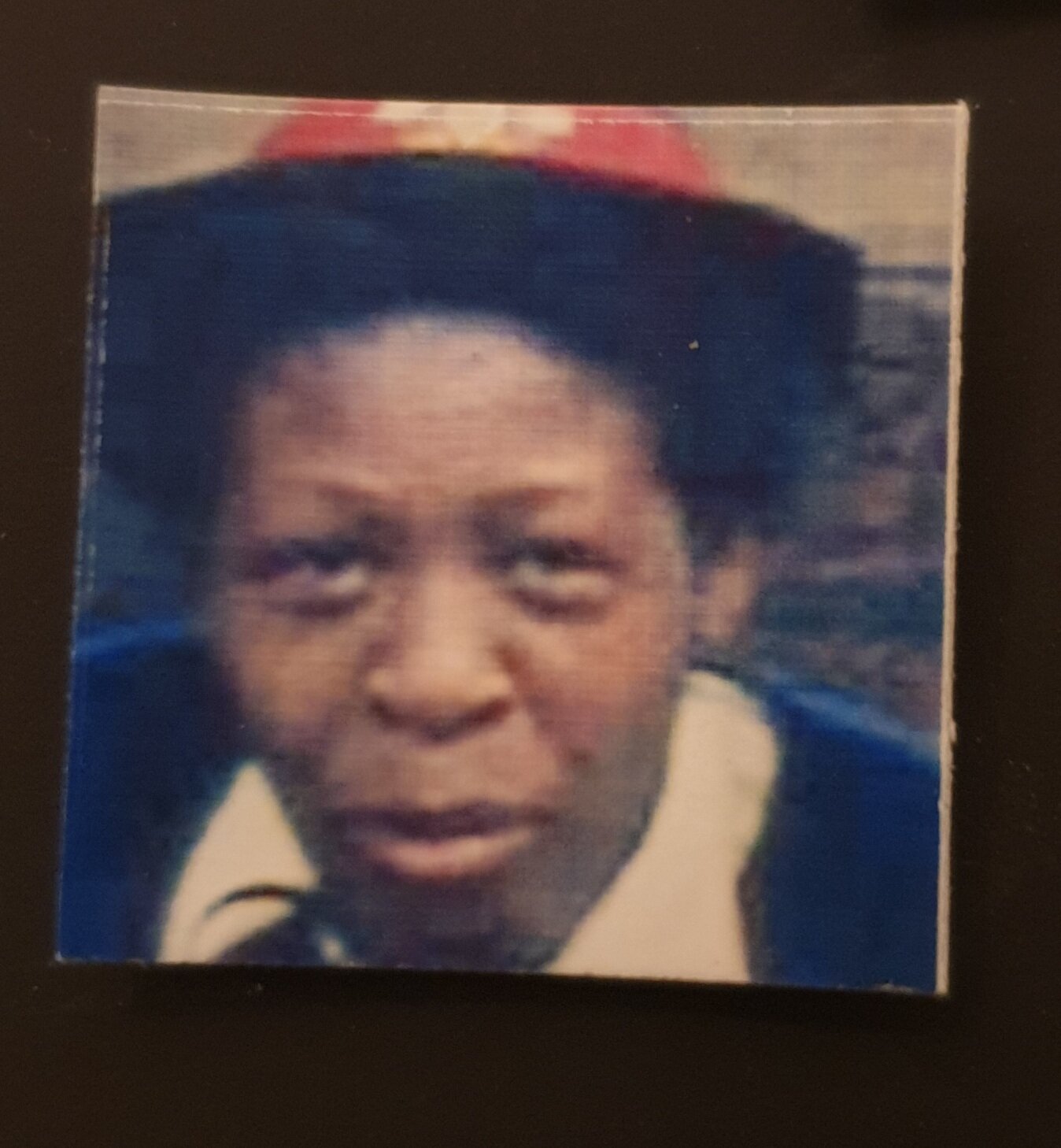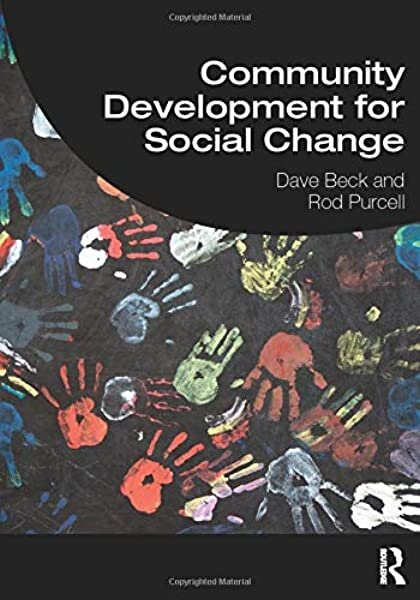


Not many people know that I was home schooled. A single act of defiance by my Windrush generation mother against the then local education authority found me unwittingly being taught in my parents’ front room.
Over a period of several months I became aware that one could organise and campaign against seemingly intractable systems of racial injustice and win.
I won’t go into the detail of this story of my 11 year old self (!), however the impact of her advocating on my behalf, with the support of the local media and some Black activists in Deptford, meant that I eventually studied at a local grammar school and achieved better educational outcomes than some of my West Indian peers, who were labelled as educationally sub-normal and ended up in special needs provision based on racist educational assessments during the same period.
Evidence suggests positive connections between parental and child political and civic engagement (you only need to look at political dynasties to see this playing out). One of the unintended outcomes of my mother’s courageous act was for me to make a personal and professional commitment to the pursuit of social justice. Although some people will only have heard about our work during the pandemic, my life’s work (and that of most of my Ubele colleagues) has been focused on attempting to intervene in systems and processes established by individuals, groups and organisations which discriminate, marginalise and exclude. Our work also centres on raising the voices and concerns of those who have been at the sharp end of such policies and practices as we try to facilitate social change.
In a case study included a recently published book entitled Community Development for Social Change, 2020 I used an autoethnographical lens where ‘…. researchers draw from historical moments which have impacted their lives using material drawn from journals, blog writing, newspaper cuttings and audio recordings’ (Field, 2020). I wrote about aspects of my lived experience and reflected on discrimination experienced and social justice actions and activities carried out and how learning from this thirty-year journey saw Ubele begin to emerge. Prior to this, I spent decades working in different spaces and places including local government, the not for profit sector, at the London regional level in the Inner London Education Authority (now a luxury hotel); for an international governmental organisation working across the Caribbean region and teaching in academia. In the mid 1990’s I set up my own freelance consultancy activities and established a management consultancy company which operated across the social system. I was able to bring this business acumen into developing Ubele as a social enterprise.
Ubele is not new – it has been a 10-year journey starting out with a deep curiosity about the sustainability of Black communities in the UK.

Captured in short article entitled My Big Question 2010; followed by local dialogue sessions over three years and national research which helped shape our vision. A Place to Call Home,2015 shone light on a dearth of Black led community assets including community leaders, physical spaces and robust organisations. What followed was a myriad of complex emergent, opportunistic and yet strategic; local, regional, national and international actions, interventions, programmes and projects, ostensibly on a part time basis.
The Ubele community has worked intentionally and collaboratively to give voice to the needs and concerns of Black, Asian and Minority Ethnic communities across the country as well as offer opportunities and support to grassroots organisations prior to and during Covid-19. Having been appointed as the BAME infrastructure organisation for London in February 2020, we were strategically positioned to support the sector just prior to the outbreak of Covid-19.
We have had feedback that we are making an impact at this crucial time, however similar to the majority of BAME led organisations we have been either rejected by or completely under the radar of funders and trusts even though our team consists of highly skilled and experienced practitioners, strategists and academics who between us have more than 200 years of experience of working in and with communities globally. As a colleague recently remarked ‘… we are not ‘hard to reach’, we are under-served communities…’
Covid-19 has surfaced thousands of BAME led organisations doing extraordinary work across the length and breadth of England. Over the past seven months, they have become increasingly visible to the wider social system not only in the light of the impact of the pandemic but also in the wake of the murder of George Floyd and the resurgence of the Black Lives Matters movement. However, I am hearing the same question being asked by these groups including, ‘…. how long will interest and support last?’ and ‘Are we not just flavour of the month?’
Some leaders are suggesting that funder interest in the BAME sector is already dissipating. The need for more clarity about future support (post March 2021) is more urgent than ever – we need more stability in our sector through a clear commitment to long term investment.
The opportunity to chart my own course; achieve some of my goals and to have fun, laughter and give and receive love whilst pursing one’s dreams is more than sufficient reward for me. However, there is the need to recognise the contribution that organisations such as ours and other infrastructure organisations (we prefer to be called a ‘catalyst organisation’) plus frontline Black and Minority Ethnic led organisations make to civil society in the UK. Despite austerity, this period offers clear evidence that the ecosystem of BAME led groups and organisations has continued to grow and deliver exceptional front line services and infrastructure support in and to our communities despite a lack of support and recognition by the mainstream.
Our collective voice has been raised during this period; there is a stronger sense of agency and self-determination. Campaigning groups such as Charity So White and Future Foundations have amplified our voices. BAME led funding programmes developed for example though Resourcing Racial Justice and The Phoenix Fund have demonstrated strategic and collaborative leadership in response to some of the emergency needs within our communities.
We will continue to be recognised by our communities as key stakeholders and effective leaders in social, economic and political spaces and not just seen and treated as service beneficiaries. The euphemism ‘hard to reach’ has always been a rather lame excuse (at best) for strategies, programmes and initiatives which purport to work with our communities yet ignore the skills, experience and knowledge that already exists: ‘Grow your own’ appears to be one of the few clear and positive messages coming out from Covid-19 and what this period has demonstrated is that we are not only able and willing to do so but have done so admirably!
Most of us (maybe apart from the government) are waking up to the uneasy truth that there will be no quick or easy fix to get us out of what we are currently going through. ‘Build Back Better’ needs to include all who can make a real and sustained contribution to the rebuilding of our society and not just those who can only see our future needs through the lens of their privilege.
Yvonne Field, Founder and CEO of The Ubele Initiative